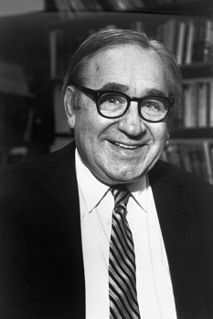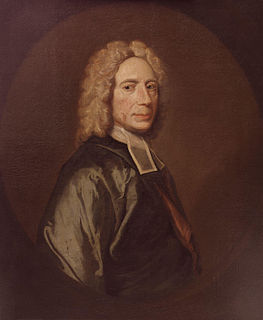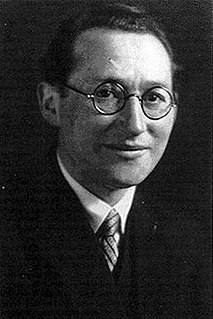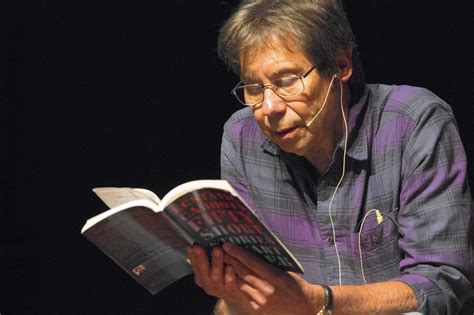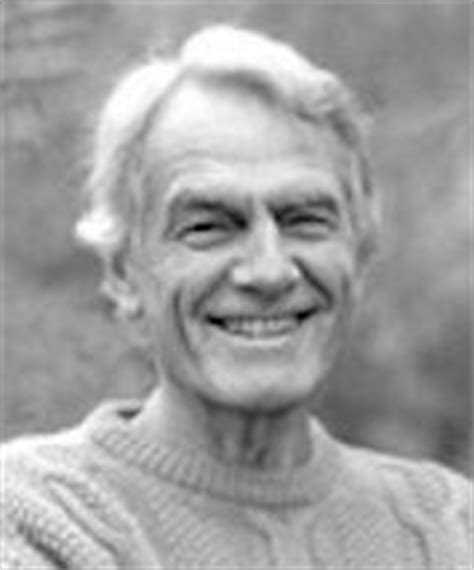A Quote by Robert Fogel
Among the current discussions, the impact of new and sophisticated methods in the study of the past occupies an important place. The new 'scientific' or 'cliometric' history-born of the marriage contracted between historical problems and advanced statistical analysis, with economic theory as bridesmaid and the computer as best man-has made tremendous advances in the last generation.
Quote Topics
Related Quotes
My cousin Roger once told me, on the eve of his third wedding, that he felt marriage was addictive. Then he corrected himself. I mean early marriage, he said. The very start of a marriage. It's like a whole new beginning. You're entirely brand-new people; you haven't made any mistakes yet. You have a new place to live and new dishes and this new kind of, like, identity, this 'we' that gets invited everywhere together now. Why, sometimes your wife will have a brand-new name, even.
For time flows on, and if it did not, it would be a bad prospect for those who do not sit at golden tables. Methods become exhausted; stimuli no longer work. New problems appear and demand new methods. Reality changes; in order to represent it, modes of representation must also change. Nothing comes from nothing; the new comes from the old, but that is why it is new.
The history of acceptance of new theories frequently shows the following steps: At first the new idea is treated as pure nonsense, not worth looking at. Then comes a time when a multitude of contradictory objections are raised, such as: the new theory is too fancy, or merely a new terminology; it is not fruitful, or simply wrong. Finally a state is reached when everyone seems to claim that he had always followed this theory. This usually marks the last state before general acceptance.
In 'Labor Day Hurricane, 1935,' Douglas Trevor vividly recreates a historical event. While that is the only story in A THIN TEAR IN THE FABRIC OF SPACE in the historical past, many of the other stories juxtapose fact-both historical and scientific-with narration to an engaging effect, one that distinguishes the voice of this new writer.
Very strange bridges are used to make the passage from one state of things to another; we may lose sight of them in our surveys of general history, but their discovery is the glory of historical research. History is not the study of origins; rather it is the analysis of all the mediations by which the past was turned into our present.
Our accent will be upon youth: we need new ideas, new methods, new approaches. We will call upon young students of political science throughout the nation to help us. We will encourage these young students to launch their own independent study, and then give us their analysis and their suggestions. We are completely disenchanted with the old, adult, established politicians. We want to see some new faces -- more militant faces.
The real scientific study of the distribution of wealth has, we must confess, scarcely begun. The conventional academic study of the so-called theory of distribution into rent, interest, wages, and profits is only remotely related to the subject. This subject, the causes and cures for the actual distribution of capital and income among real persons, is one of the many now in need of our best efforts as scientific students of society.
The idea would be in my mind - and I know it sounds strange - is that the most important advances in medicine would be made not by new knowledge in molecular biology, because that's exceeding what we can even use. It'll be made by mathematicians, physicists, computer scientists, figuring out a way to get all that information together.
The American Dream can no more remain static than can the American nation.... We cannot any longer take an old approach to world problems. They aren't the same problems. It isn't the same world. We must not adopt the methods of our ancestors; instead, we must emulate that pioneer quality in our ancestors that made them attempt new methods for a New World.
The Relativity theory, the copernican upheaval, or any great scientific convulsion, leaves a new landscape. There is a period of stunned dreariness; then people begin, antlike, the building of a new human world. They soon forget the last disturbance. But from these shocks they derive a slightly augmented vocabulary, a new blind spot in their vision, a few new blepharospasms or tics, and perhaps a revised method of computing time.
Evidence-based reasoning underpins all scientific thinking, and it involves testing hypotheses or theories against data. Validating a theory requires replicable measurements from independent groups with different equipment and methods of analysis. Convergence of evidence is critical to the acceptance of a scientific idea.
